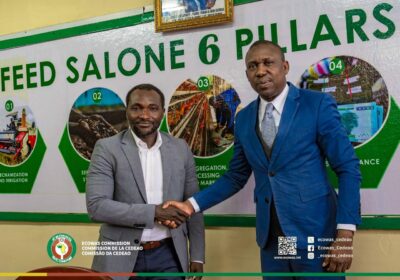ECOFEPA Holds Forum in Abuja, Demands Political Power for West African Women.
By Raymond Enoch
Abuja, Nigeria – In a powerful show of unity and resolve, women leaders from across West Africa and the Sahel converged in Abuja from October 13 to 15, 2025, for a landmark regional seminar aimed at reshaping the political landscape by amplifying women’s voices in governance.
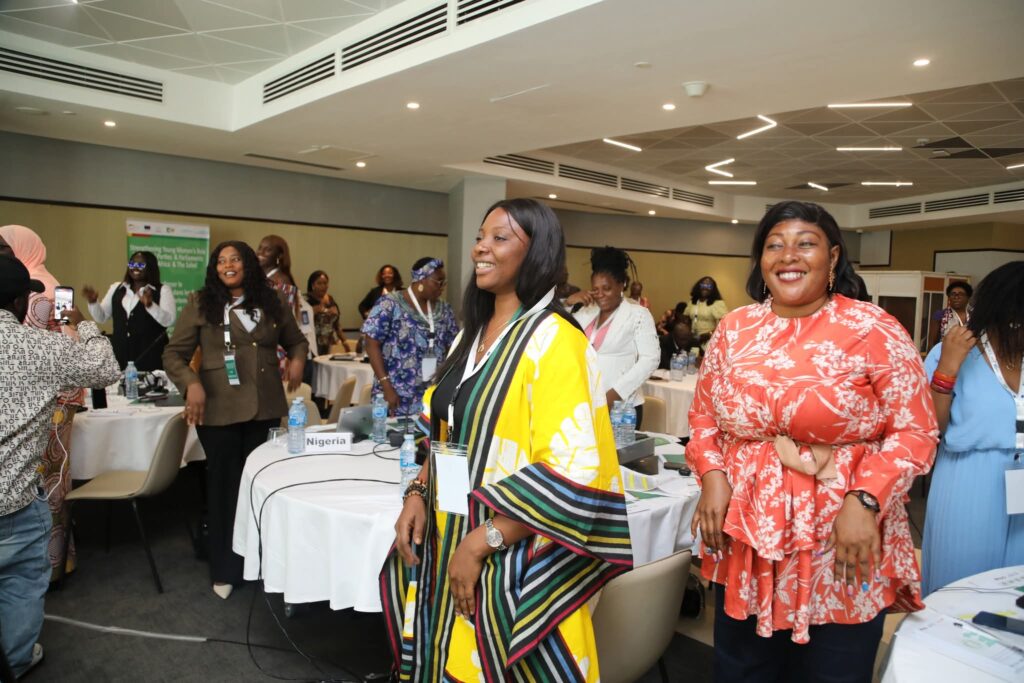
Held under the theme “Strengthening Women’s Role in Political Parties and Parliaments in West Africa and the Sahel,” the event brought together female parliamentarians of the ECOWAS Parliament (ECOFEPA) to sharpen leadership skills, strengthen political capacity, and forge regional networks capable of driving inclusive political reforms.
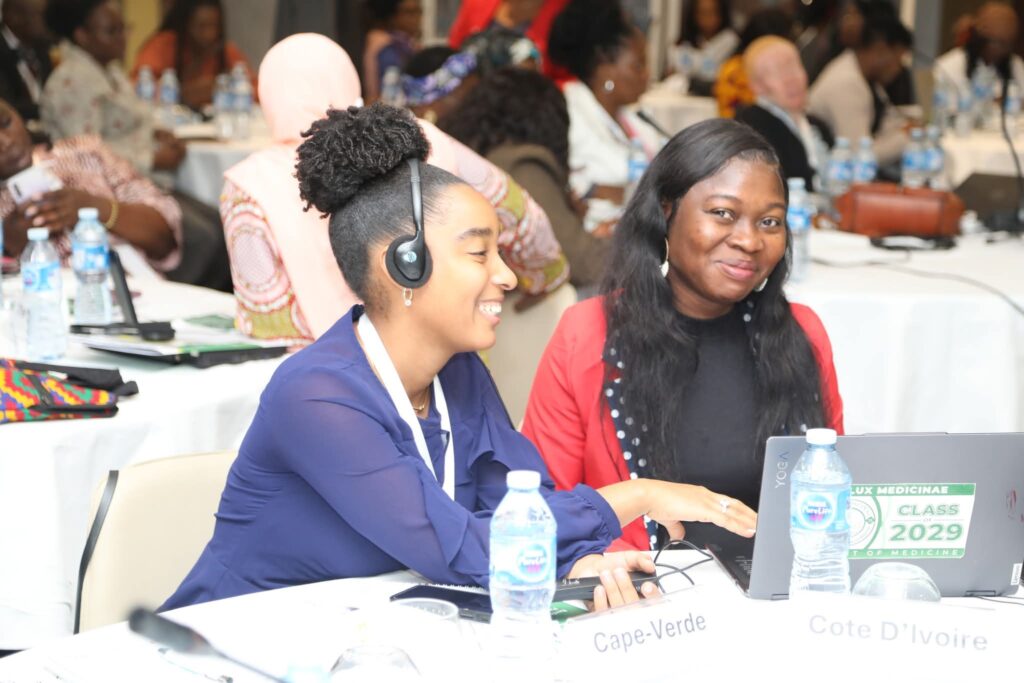
The high-level engagement was jointly organized by the Network of Young Female Leaders (ROAJELF), the ECOWAS Gender and Development Centre (EGDC), the European Union Support to ECOWAS in Peace, Security and Governance (EPSG) Project, UN Women, and the United Nations Office for West Africa and the Sahel (UNOWAS). Funding was provided through the EPSG Project, implemented by GIZ in collaboration with ECOWAS.
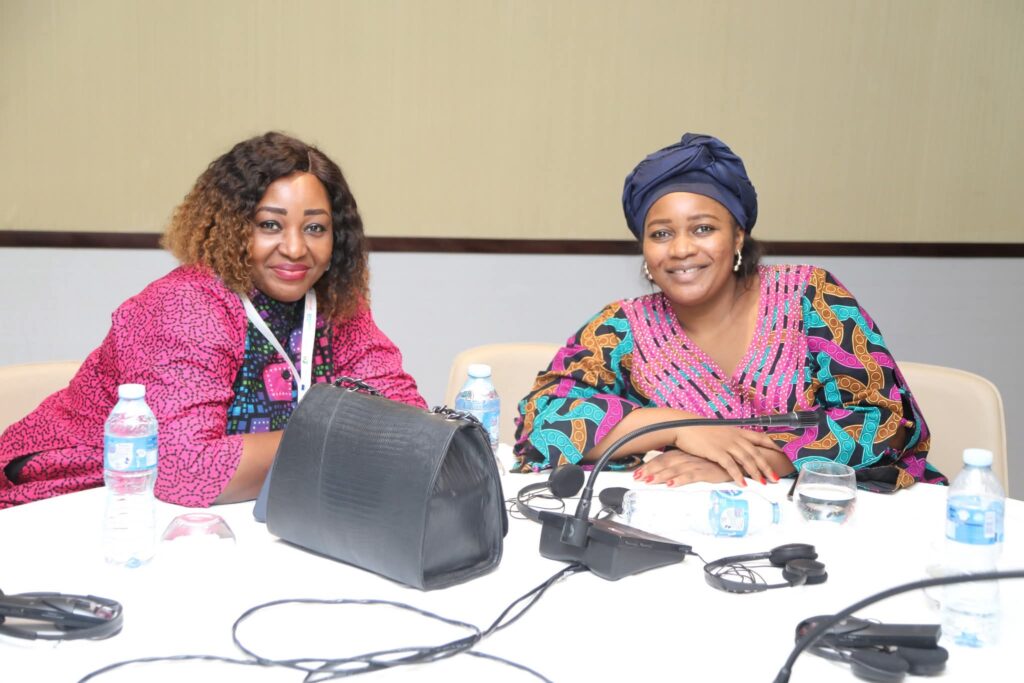
Over the course of the three-day seminar, participants directly confronted the persistent marginalization of women in West African politics and outlined actionable strategies to dismantle the systemic barriers that hinder women’s participation in political parties and decision-making bodies.
“It is not enough to be present in the room — we must lead from the front,”
declared one prominent delegate, echoing a sentiment shared widely across the plenary sessions and workshops.
A reocurring theme was the urgent need for structural reform within political parties, legislative bodies, and electoral systems. The seminar particularly emphasized the inclusion of young and emerging women leaders and proposed mechanisms to monitor and hold political institutions accountable for gender parity commitments.
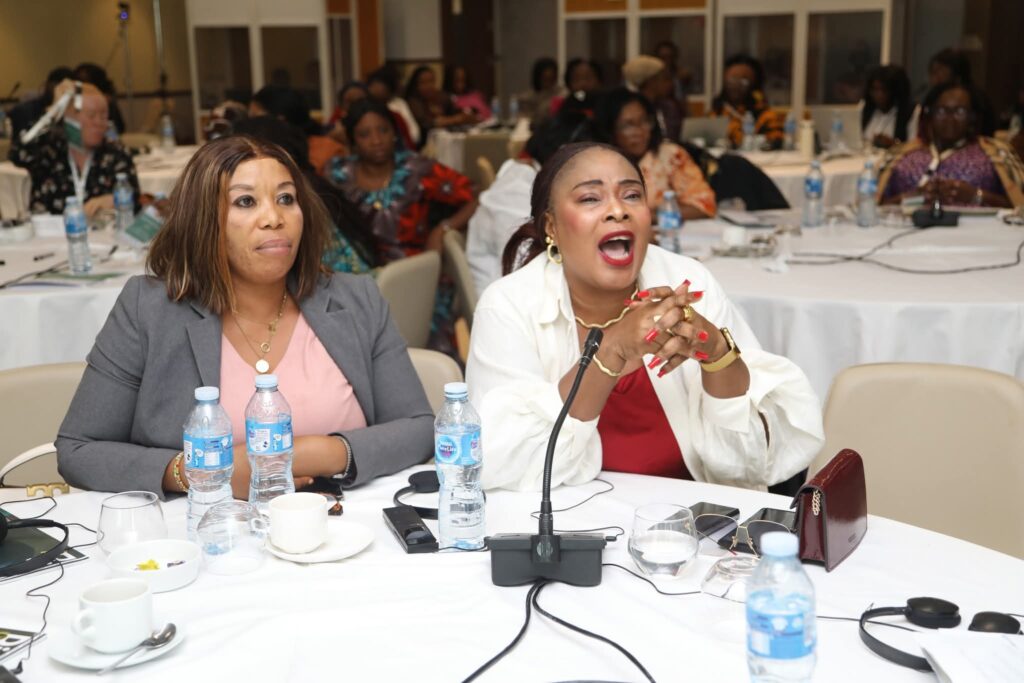
Organizers were clear: this was not a typical policy forum.
“This is about building power, not just potential,”
said a representative from ROAJELF.
“We are crafting a roadmap that demands inclusion — not one that politely requests it.”
As parts of West Africa and the Sahel continue to face insecurity, political instability, and governance challenges, participants emphasized that the inclusion of women in political leadership is not optional — it is essential for sustainable peace and democratic resilience.
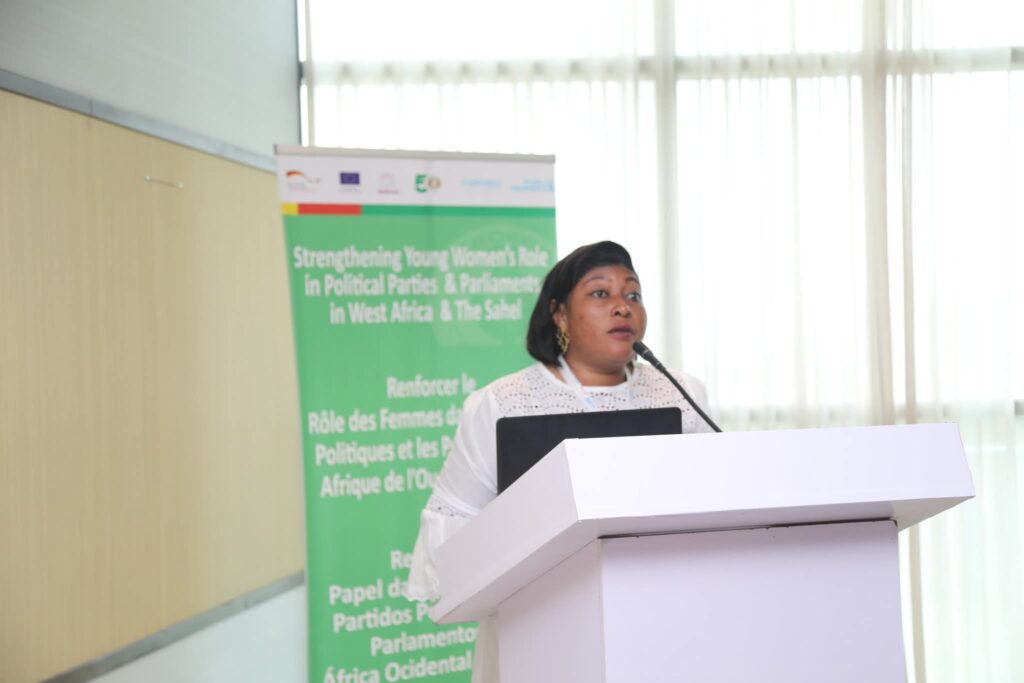
The event concluded with a strong commitment to cross-border collaboration, policy advocacy, and mutual support among women leaders in the region. If the strategies developed during the Abuja seminar are implemented with urgency and sincerity, they could mark a pivotal turning point in the fight for gender equity in political leadership across West Africa.







